Unlocking Your Potential: How Self-Help Books Can Transform Your Life
Hello, dear readers!
I’m Mandy, and I have the deep joy of owning and creating at Novus Publishing House: a place where stories, insights, and inspiration come to life. As someone who loves all genres of books, I want to share a little secret with you: one of the most powerful journeys you can take is through the pages of a good self-help book. Yes, I said ‘good’. Because, as with all stories, there are gems and there are fillers. But the right self-help book, chosen thoughtfully, can become a trusted guide in your life.
Today, I want to invite you to explore the world of self-help books; to see them not just as a collection of tips, but as a pathway to deep understanding, growth, and healing. So, grab a cup of tea, settle in, and let’s talk about how you can make these books work for you.
Why Read Self-Help Books?
First, let’s address the ‘why’. In our busy, noisy world, it’s easy to feel overwhelmed, stuck, or unsure of how to move forward. Self-help books are like having a wise friend sitting beside you, gently guiding you through life's challenges. They offer perspectives, tools, and strategies that can help you navigate a range of issues, from anxiety and self-esteem to relationships and career growth, from financial pressures to gut health. There is a book with a powerful lesson for just about every problem.
But once you have found the right book, the true magic happens when you read with intention. It’s not enough to just skim the pages. Self-help books are an investment in yourself; so approach them with curiosity, patience, and a willingness to learn.
How To Read Non-Fiction with Purpose
Unlike fiction, which often invites us into an immersive story, non-fiction requires a slightly different approach. Here’s my advice:
Read with a Question in Mind: Before you start, ask yourself, “What do I want to learn or change?” This focus will help you stay engaged and find relevance in what you read.
Take Notes: Keep a journal or notes app handy. Jot down insights, quotes, or ideas that resonate with you. Writing solidifies learning and makes it easier to revisit key concepts.
Pause and Reflect: After each chapter or section, pause. Think about how the lessons relate to your life. Can you see how they might help? What small step could you take today?
Apply What You Learn: Knowledge alone isn’t enough. The real transformation happens when you put lessons into action. Whether it’s a new habit, a mindset shift, or a conversation you need to have, act on what you’ve learned.
Choosing the Right Genre Within Self-Help
Self-help isn’t a one-size-fits-all journey. There are many genres, from mindfulness and emotional intelligence to productivity, nutrition, spiritual growth, and beyond. Here’s how to find what might serve you best:
Identify Your Needs: Are you looking to reduce stress? Improve your relationships? Build confidence? Clarify your goals? Narrowing down your focus helps in selecting a book that truly resonates.
Explore Different Genres: Don’t be afraid to sample various areas. Sometimes, a book on meditation might be just what you need, or a guide to journaling or gratitude. Don’t always follow the crowd and go for the first one you see in a Top 10 list: really think about the root cause of the issue you want to solve.
Check the Author’s Credentials and Voice: Find authors whose wisdom and tone speak to you. Sometimes, a compassionate, gentle voice makes the message more accessible and inviting. Read the author’s page on their website or find out more through ‘about the author’ on the sleeve of the book, and evaluate if this sounds like the type of author for you.
Read Reviews and Excerpts: Get a sense of the book’s style and content before committing. Remember, your goal is to find something that will truly help you, not just add to your shelf.
Avoiding Over-Niching and Finding Practical Solutions
It’s easy to fall into the trap of over-niching eg seeking that “perfect” book that addresses ‘your exact’ problem. While specificity can be helpful, don’t let it paralyze you. Sometimes, the best insights come from broader themes like resilience, self-compassion, or mindset.
Here’s my advice:
Start Broad, Then Narrow: Begin with books on general themes that resonate with you. As you learn, you can seek out more specialized titles.
Focus on Practicality: Choose books that offer actionable steps, not just theory. A good self-help book should give you tools you can implement.
Trust Your Intuition: If a book feels right, give it a try. Sometimes, the perfect solution appears when you’re open.
The Power of Shorter Books and Journaling
Many self-help books are shorter than fiction novels, which makes them more approachable, especially if you’re new to this genre or pressed for time. You can read a chapter a day, reflect, and then move on. This gradual approach prevents overwhelm and allows you to absorb lessons more deeply.
Journaling alongside your reading is a game-changer. Here’s why:
Deepens Understanding: Writing down your thoughts helps clarify what you’re learning.
Tracks Your Progress: Looking back over your journal entries shows how far you’ve come.
Encourages Action: Journaling prompts you to think about how to implement insights into your daily life.
Fosters Self-Compassion: As you write, you can process setbacks and celebrate small wins.
Identifies New Requirements: Review your notes as a ‘whole’ and evaluate if this has helped reduce your issue or enhanced a skill. If that book has helped a little but you still need something more, go back and find a further book option that can help you build on your learning.
Throughout your journaling, consider making notes that ask:
What’s one thing I learned today that I can apply?
How did this lesson make me feel?
What’s a small step I can take tomorrow based on this reading?
What goal can I set from this learning?
Why am I procrastinating? What do I need to go back and re-read to remove inertia?
Making Self-Help Books a Part of Your Daily Routine
Consistency is key. Set aside a few minutes each day: perhaps morning or evening, to read and journal. Over time, these small daily habits compound into meaningful change.
Remember, it’s not about perfection or rushing through a stack of books. It’s about showing up for yourself, one page at a time, with kindness and curiosity.
Reading self-help books is not just about acquiring knowledge; it’s about nurturing your soul, discovering your strengths, and uncovering your potential. It’s a gentle, ongoing journey of self-discovery that can enrich every aspect of your life.
So, I encourage you: pick up that book you’ve been curious about. Dive into a new genre. Take notes, reflect, and most importantly, act. Your future self will thank you.
Thank you for allowing me to share my love for books and growth with you. Here’s to your journey of transformation, one page at a time.
With warmth and encouragement,
Mandy x

